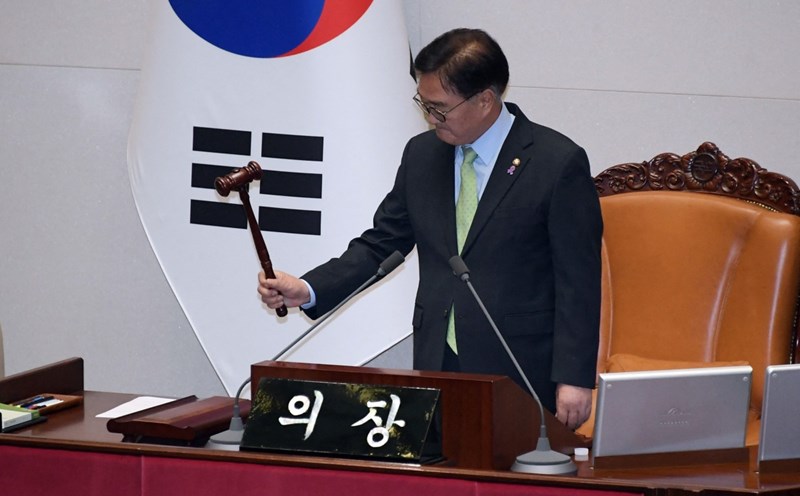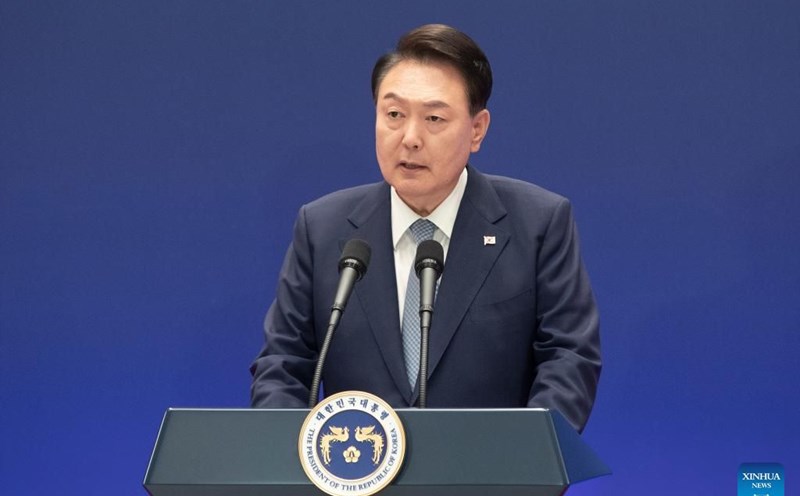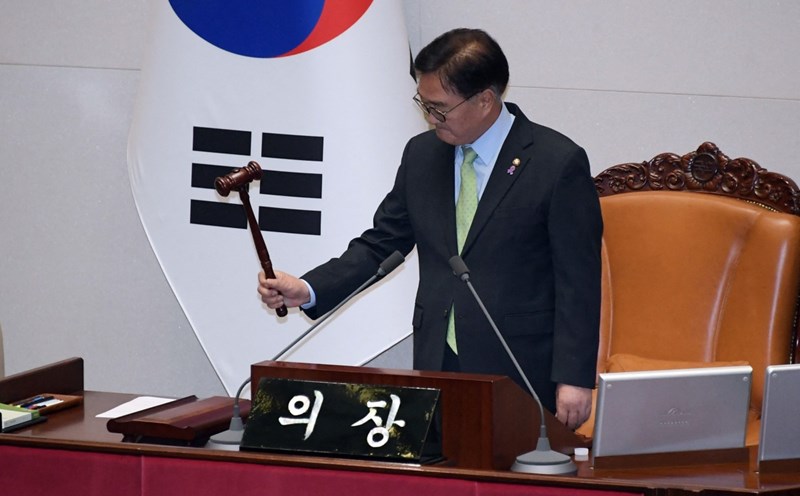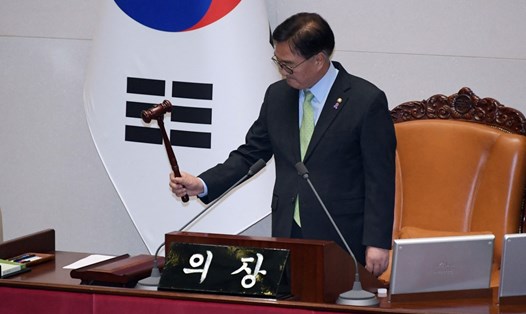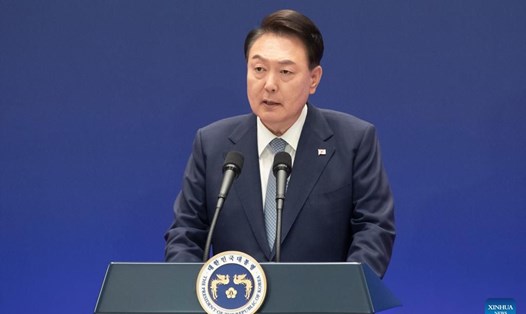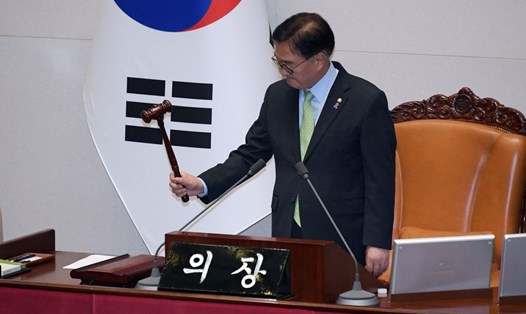The Seoul Central District Court issued an arrest warrant for Kim after prosecutors accused him of engaging in "crucial" activities in the rebellion and abusing his power to obstruct the exercise of rights when martial law was imposed for six hours from the night of November 3 to the morning of November 4, Yonhap reported.
Mr. Kim is the first person to be formally arrested in connection with the event.
“In issuing the arrest warrant, we considered the extent to which the allegations were substantiated, the seriousness of the offence and concerns about his potential destruction of evidence,” the court said.
The court also determined that Mr. Kim's alleged actions fell within the scope of crimes for which the prosecution had jurisdiction.
With Mr. Kim formally arrested, the prosecutor's investigation into President Yoon's sedition charges is expected to intensify. Mr. Yoon has been considered a suspect and banned from leaving the country.
By law, a president is immune from prosecution while in office, except in cases involving rebellion.
In seeking an arrest warrant for Mr. Kim, prosecutors accused him of “conspiring with President Yoon to start a riot aimed at overthrowing the national Constitution.”
Prosecutors suspect the former defense minister of suggesting to Yoon that martial law be declared and ordering the deployment of troops to the area where the National Assembly and the National Election Commission are located.
They also suspect Mr Kim of drafting the martial law decree with Mr Yoon, which included unconstitutional restrictions on the powers of the National Assembly.
Mr. Kim refused to attend the hearing on December 10 and through his lawyer, he expressed deep apologies for causing great concern and inconvenience to the people.
Since he voluntarily turned himself in for questioning on December 8, prosecutors have questioned Mr. Kim three times.
During questioning, Mr. Kim admitted to proposing martial law to Mr. Yoon but insisted that his actions were not illegal or unconstitutional, according to reports.
Under South Korean law, a person who leads a rebellion can face the death penalty or life in prison. Those who participate in planning a rebellion or carry out other “essential” activities can also be sentenced to death, life in prison or a minimum of five years in prison.

